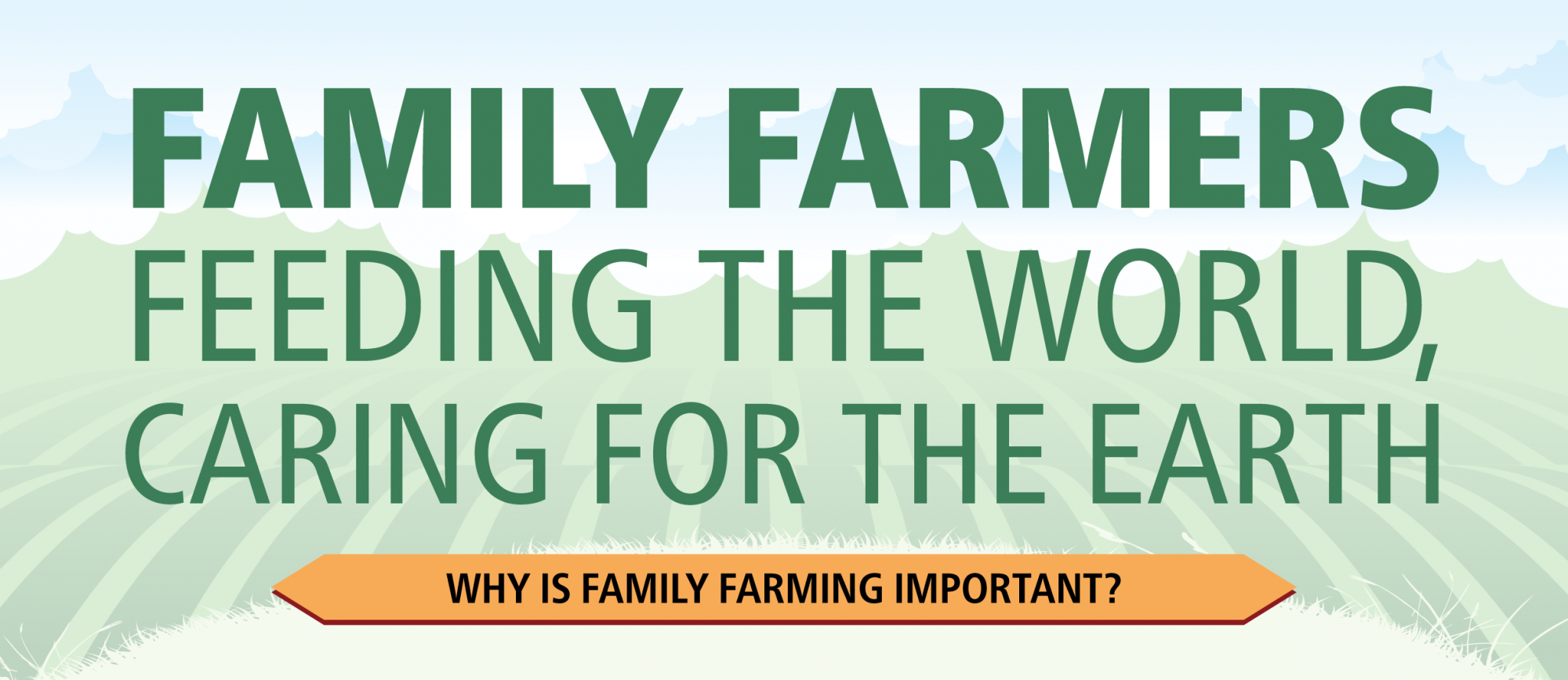Family farming includes all family-based agricultural activities, and it is linked to several areas of rural development. Family farming is a means of organizing agricultural, forestry, fisheries, pastoral and aquaculture production which is managed and operated by a family and predominantly reliant on family labor, including both women’s and men’s.
Both in developing and developed countries, family farming is the predominant form of agriculture in the food production sector.
At the national level, there are a number of factors that are key for successful development of family farming, such as agro-ecological conditions and territorial characteristics; policy environment; access to markets; access to land and natural resources; access to technology and extension services; access to finance; demographic, economic and socio-cultural conditions; availability of specialized education among others.
Family farming has an important socio-economic, environmental, and cultural role.







































